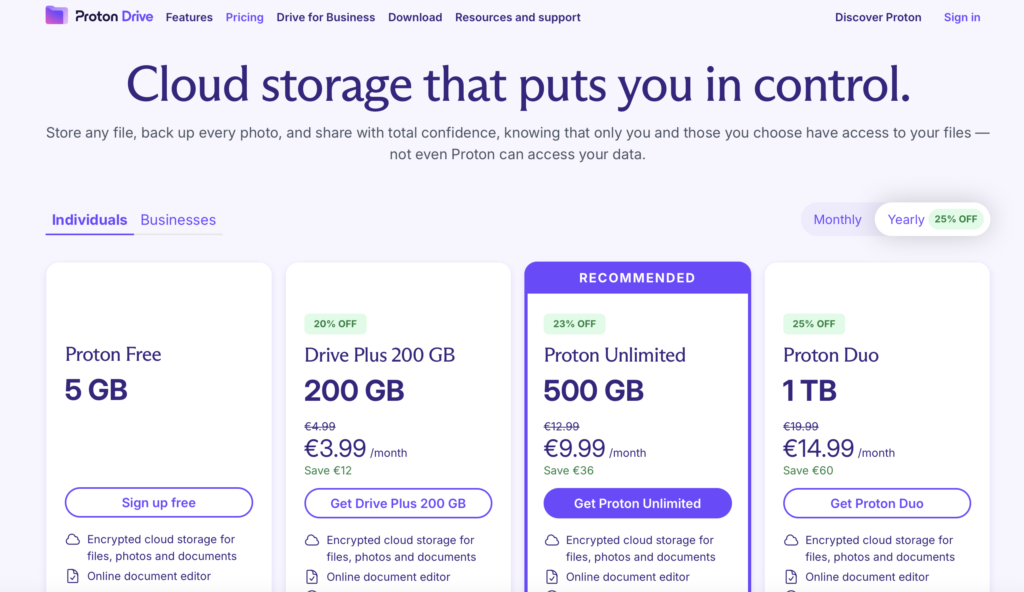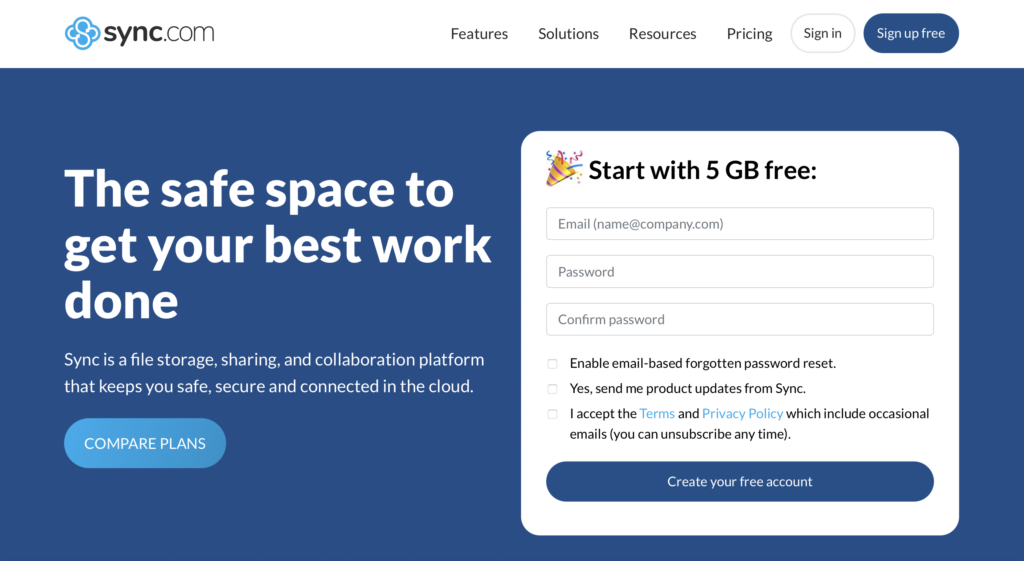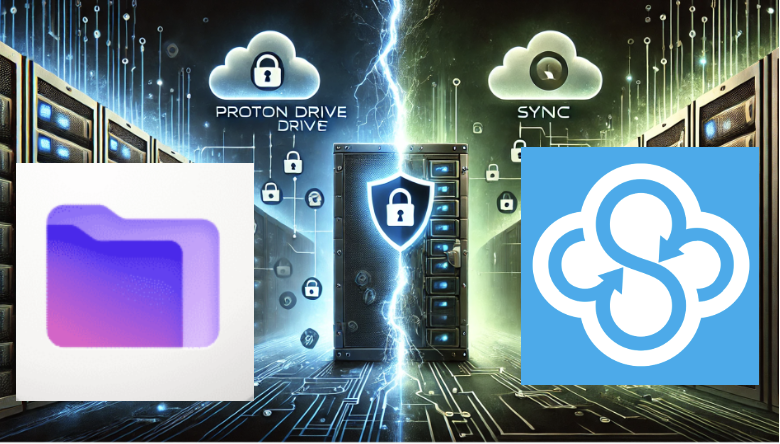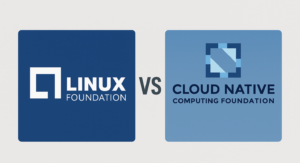Enterprises and individuals alike are rethinking where they keep their files. With data breaches and surveillance concerns rising, traditional providers like Google Drive and Dropbox are often viewed with skepticism. That’s why services such as Proton Drive and Sync.com are gaining traction: both emphasize encryption, privacy, and user control. But which one fits best for your needs?
Privacy and Compliance
- Proton Drive operates out of Switzerland, a country with some of the world’s strongest data protection laws. Files are encrypted end-to-end, and Proton itself cannot access user content. For businesses with compliance requirements in finance, healthcare, or EU markets, Swiss jurisdiction can be a strong selling point.
- Sync.com is based in Canada and applies a zero-knowledge architecture. This means only the end user holds the keys to decrypt stored content. Canada’s privacy framework is solid, though the country’s participation in the Five Eyes intelligence alliance sometimes raises questions for those in highly sensitive industries.
Takeaway: Proton Drive offers stronger legal protections, while Sync has a longer track record of delivering true zero-knowledge storage.

Features and Functionality
- Proton Drive focuses on secure storage and sharing. Files can be shared with encrypted links, and access can be password-protected. However, the service currently lacks desktop sync clients, real-time collaboration, and advanced file management tools. Its main strength lies in integration with Proton Mail, Proton VPN, and Proton Calendar.
- Sync.com, by contrast, provides full-featured desktop and mobile apps. Automatic synchronization across devices, version history, team collaboration, and support for large file transfers make it comparable to mainstream cloud storage services, but with stronger privacy safeguards.
Takeaway: Sync is better suited for teams and users who need day-to-day productivity tools. Proton Drive appeals to those prioritizing security over feature depth.
Pricing Models
- Proton Drive:
- Free: 1 GB storage
- Paid: Starts around €4/month for 200 GB when billed annually. Larger plans are available within Proton’s Unlimited bundle, which also includes Mail, VPN, and Calendar.
- Sync.com:
- Free: 5 GB storage
- Paid: Starts at about $8/month for 2 TB when billed annually, with team plans offering more administrative controls.
Takeaway: Sync provides significantly more storage per dollar. Proton’s value increases if you are already using other Proton services.

User Experience
- Proton Drive has a clean, minimal interface accessible via web and mobile apps. It’s easy to grasp but limited in advanced options. IT admins looking for straightforward secure file storage will find it simple to deploy, though users expecting Google Drive-like functionality may be disappointed.
- Sync.com integrates with the operating system, adding a familiar sync folder and tray app. For most users, it operates much like Dropbox or OneDrive, making adoption painless.
Takeaway: Sync is easier for general use and organizational rollout. Proton Drive works best for individual or small-scale deployments where simplicity and privacy are paramount.
Bottom Line
Both Proton Drive and Sync.com stand out for putting encryption and privacy first. The choice largely depends on what you need:
- Proton Drive: Best suited for individuals or organizations already invested in the Proton ecosystem, or for those where jurisdictional advantages (Switzerland) matter.
- Sync.com: Better for users and teams requiring larger storage, collaborative tools, and seamless integration across devices.
For IT leaders, the decision comes down to priorities. If compliance with strict privacy laws is non-negotiable, Proton Drive is the safer bet. If functionality and cost efficiency are the drivers, Sync.com is hard to beat.


